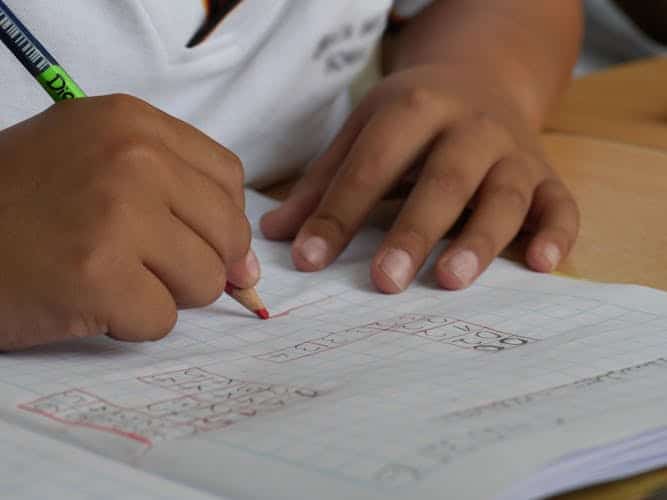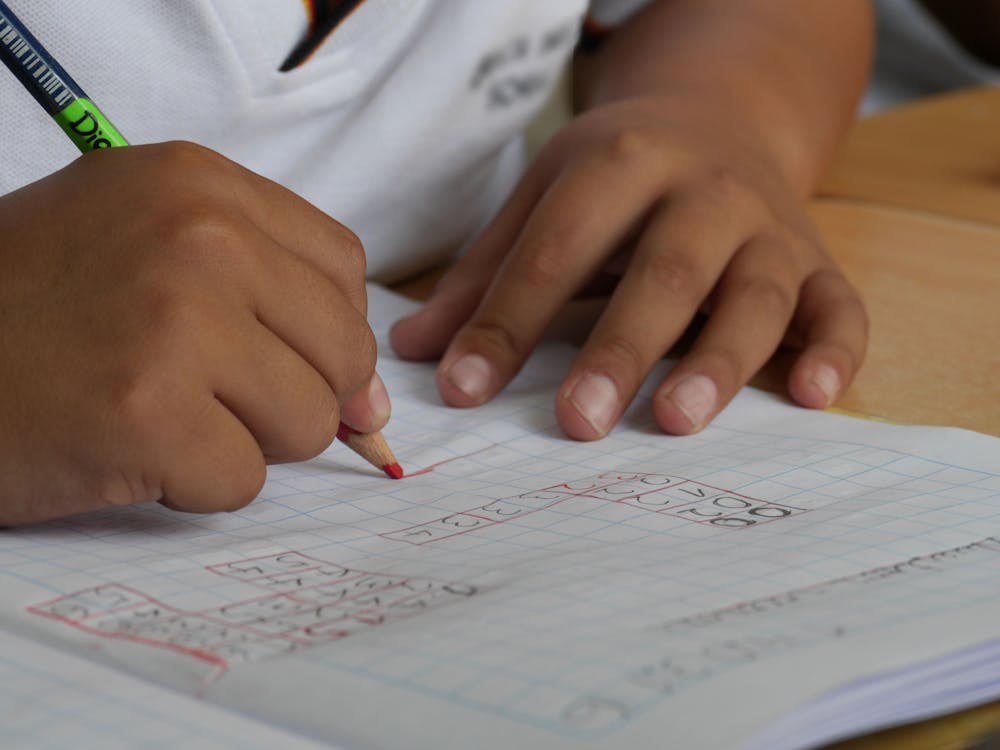Your child is struggling with homework, and while you intend to help, you often find the task so easy that you end up doing it for them. If this sounds familiar, it might be time to rethink how you assist with homework. While stepping in may get the work done quickly and correctly, it doesn’t help your child grasp the material or develop essential learning skills. Your goal should guide them toward becoming independent and motivated learners.
Often, parents take over homework due to factors like lack of time, exhaustion, or simply wanting to avoid frustration. However, this approach can hinder your child’s ability to build effective study habits.
Below are some tips culled from education.com that help equip your child to build a healthy attitude to completing homework and studying skills. If you ever wondered how to help with homework, then read on.
Your role is to help your child become a self-sufficient student, not ensure he has perfect homework. Share on XPractical Tips on How Parents Can Help with Homework
Create a Study Space
Figure out what makes a productive workspace for your child. Help him focus by limiting distractions during his study time and ensuring all the materials he needs, such as erasers, rulers, and a pencil sharpener, are within reach. This reduces distractions from getting up to find pencils or sharpeners.
Help Your Child Get Organised
Help him keep track of his assignments with a checklist or a homework planner. You can start by showing your child an example, then let him do it on his own. Make sure he has an organized folder or binder so that he won’t lose all those loose papers.
Work on Time Management
Have your child make a daily schedule that includes estimating how long it will take to do certain activities. Next, you can guide your child to adjust the schedule based on how long things took. Finally, you show how your child can use this information to plan. To avoid procrastinating when long-term projects come around, help your child apply the same strategy and divide the project into smaller, more manageable tasks.
Set a Routine
Is it easier for your child to do his homework right when he gets home or after he’s had some time to rest? You may have to experiment to see what schedule will help your child be most productive but stick to it once you find the sweet spot. Setting a routine will help him get into study mode quickly and easily.
Give Guidance Don’t Give Answers
Give your child some guidance on his homework without doing his work for him. If he’s stuck on a math problem, use different numbers to walk him through an example. Then, let him try the problem over again. If he’s stuck on a writing project, help with an introduction to get the momentum going, but let him stretch his imagination to continue.
Give your child some guidance on his homework without doing his work for him or her. For example, on a difficult math problem, use different numbers to walk through an example and then let your child try the problem over again. Share on XReview His Work
It’s okay to check your child’s work when he’s finished an assignment, but don’t correct answers for him. If you see a mistake, you can point it out but don’t fix it yourself. You can help create a “proofing checklist” to encourage your child’s independence. This can include spelling, grammar, and math rules that your child can use to review homework independently. Your role is to help your child become a self-sufficient student, not ensure he has perfect homework. After helping create good study habits, stop stepping in, even if it means they get a couple of bad grades.
To be successful in the long run, the responsibility to do work must be his or hers, not yours.
READ ALSO:
The Positive Influence of Being Involved in Your Child’s Education


